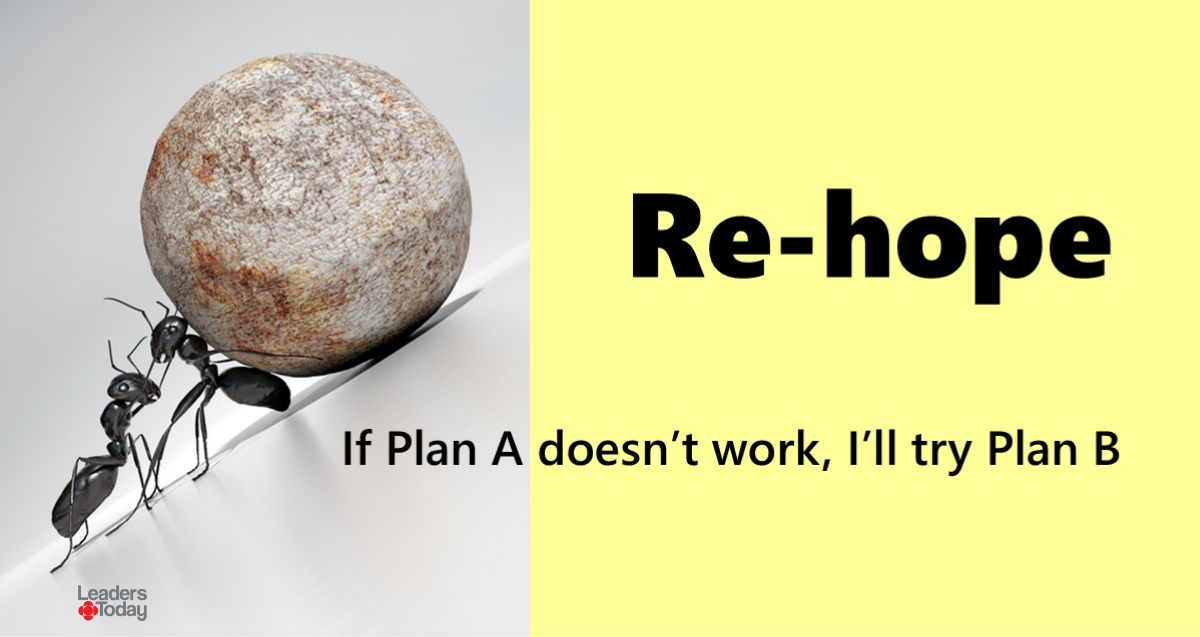Something really easy you can do to be a better leader at work
Saba Imru Mathieu
The simplest of things
Sometimes when running leadership development programs we teach the simplest of things. We find ourselves resuscitating fundamental knowledge that people already have within themselves at a deep, human level but which somehow got buried in the desert of organisational life.
Something really easy you can do to awaken the leader within you !
Effort:
3 extra minutes of your time
Requirement: sincerity
Benefit 1:
connect with others at a human level
Benefit 2:
develop warm and trusting relations
Benefit 3:
be a nice person (“nice” is neither a weakness nor a derogatory adjective)
Benefit 4:
be likeable (essential for a leader who wants to positively influence others)
Method (what to do)
Ask a sincere”How are you?” when running into a colleague, and expand on it.
Method (how to say it)
Smile, care, give time for a response and listen to the response (all of it).
EXAMPLE
You: Hi Dave, how are you today?
Dave: Fine thanks.
You: And how are the kids doing? (or anyone / anything else the person cares about, e.g. the person’s gardening, a golf tournament, a project at work)
Dave: Well actually they’re fine, the youngest is…… and the eldest……. (Since you've shown interest, people are glad to give a bit of details. Fine, welcome the details, they'll help you get to know your colleague better.)
You: Give an appropriate response acknowledging what the person said (That’s wonderful, or I’m sorry to hear that). Engage in a brief exchange if it’s appropriate, then wish them well (Keep it up, or I hope it gets better). Say goodbye and wish them a nice day.
That’s it. It’s as simple as that.
Do this regularly.
This is what successful leaders do. They sincerely care about the people around them and they demonstrate it in the simplest of ways. In turn people like and trust them, and more importantly, they are willing to follow them and make efforts to achieve common goals. Remember that the most sophisticated strategies cannot be realized unless there is engagement by those whohave to implement them, and people won’t engage fully unless they feel recognized as a human being.
Beware of the mental models that might undermine your aptitude to leadership and influence (but that you can change!)
- Thinking that you are too busy to demonstrate sincere concern for your colleagues
- Thinking that you will look feeble
- Thinking that at work you don’t need to care about people to get the job done
- Thinking that showing that you care about your people is indiscreet or intrusive
- Thinking that being nice is dumb
Oh, and by the way, if you just can’t bring yourself to sincerely care about others at work, forget about being an effective leader.
© Leaders Today








